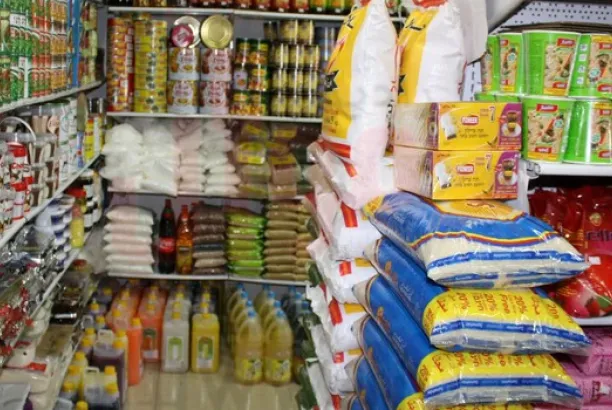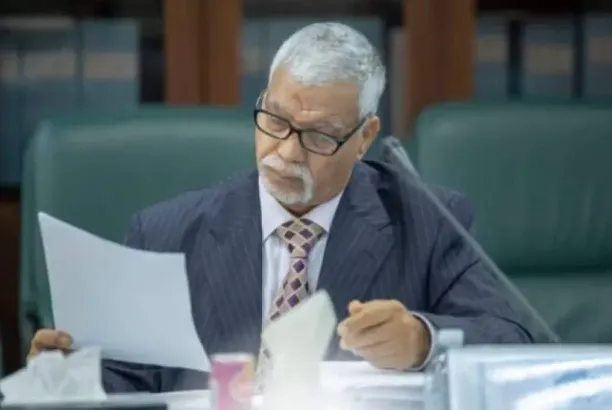
| Economic articles
Hbarat Explains the Rising Demand for Foreign Currency and Its Negative Economic Impact
Economic affairs analyst Noureddin Hbarat provided an important clarification regarding the growing and alarming demand for foreign currency for all purposes, particularly trade credits and personal spending cards.
According to a statement issued today by the Central Bank of Libya, the total foreign currency demand from March 1 to today reached 1.696 billion dollars—an average of 141 million dollars per day, surpassing Libya’s daily oil revenue.
This is a highly concerning indicator with severe economic consequences, posing risks to future generations. The government and relevant authorities must urgently investigate its causes, justifications, and repercussions while proposing immediate solutions before the situation worsens and spirals out of control.
If this trend continues, it will worsen the balance of payments deficit and deplete foreign currency reserves, especially given the ongoing rise in government spending by both rival administrations, the growing import bill, falling global oil prices, and increasing fuel and goods smuggling to neighboring countries. These factors will negatively impact exchange rates, inflation, unemployment, and economic growth, further worsening citizens’ hardships.
To address this crisis, both governments must urgently implement corrective measures, including controlling and rationalizing government spending, enhancing revenue collection from both oil and non-oil sources, and preventing further debt accumulation by adopting a unified national budget. They must also restrict imports to essential goods such as food, medicine, raw materials, and production inputs, while strengthening border controls to combat smuggling, which drains significant foreign currency reserves.
Additionally, the Central Bank must enforce stricter regulations on foreign currency usage for personal purposes to protect reserves and implement monetary policy tools to curb excessive money supply growth.
However, the pressing question remains: Can these measures be effectively implemented in a country divided for nearly a decade, governed by two rival parliaments and administrations vying for legitimacy?





